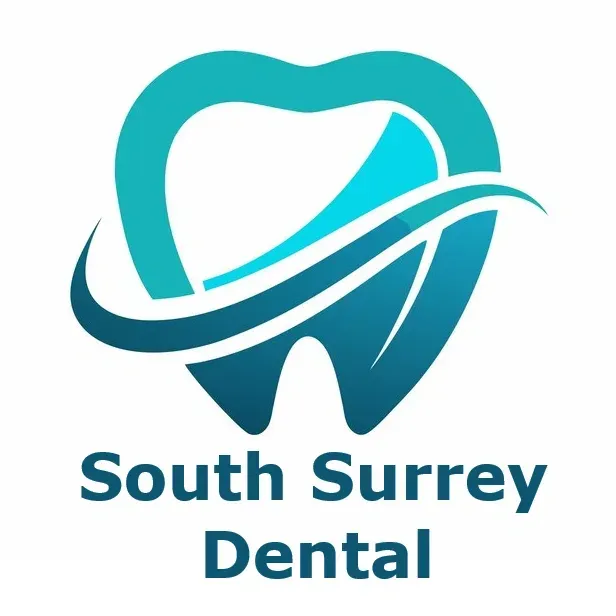
What is the Best Mouthwash for Gum Disease? Top Picks!
What is the Best Mouthwash for Gum Disease? Unveiling the Secrets to a Healthier Smile
Gum disease, medically known as periodontal disease, is a common yet often misunderstood condition that affects millions worldwide. It's not just about bad breath or bleeding gums; untreated gum issues can lead to tooth loss and impact overall health. The question many ask is, "What is the best mouthwash for gum disease?" Today, we embark on a journey to uncover the truth, exploring options, ingredients, and practical tips to boost your oral health.
Before diving into mouthwash options, understanding how gum disease develops provides context. It begins with plaque—a sticky film of bacteria forming on your teeth and gumline. If not removed through regular brushing and flossing, plaque hardens into tartar, irritating the gums. This inflammation can progress from gingivitis, a reversible early stage, to periodontitis, which damages the bone supporting your teeth.
Prompt intervention is vital because early-stage gingivitis can often be reversed with proper cleaning and oral hygiene routines. However, once periodontitis sets in, more advanced treatment becomes necessary. Researchers and dental professionals continually look for adjuncts, like mouthwash, to support treatment and prevent progression. But, what is the best mouthwash for gum disease? Let's explore.
The efficacy of a mouthwash primarily hinges on its ingredients. For gum disease, antiseptic and anti-inflammatory agents are key. Common active ingredients include:
- Chlorhexidine: Considered the gold standard, chlorhexidine is a powerful antimicrobial that reduces bacteria causing gum inflammation. However, it’s usually recommended for short-term use due to potential side effects like staining.
- Essential Oils: Natural compounds such as thymol, eucalyptus, and menthol exhibit antimicrobial properties. Mouthwashes containing these oils, like Listerine, can help control plaque and gum issues.
- Postbiotics and Probiotics: Emerging options that restore healthy bacteria balance in the mouth, supporting healing and reduced inflammation.
- Fluoride: While primarily for cavity prevention, fluoride can strengthen enamel, indirectly supporting gum health.
Many mouthwashes contain alcohol, which acts as a solvent and preservative. However, alcohol-based products can dry out the mouth, reducing saliva’s natural cleansing ability and potentially irritating sensitive gums. For those with gum disease, especially if prone to dry mouth, alcohol-free options may be gentler and equally effective.
Choosing between alcohol and non-alcohol mouthwash depends on personal comfort and specific oral health needs. Consulting with your dentist can help determine the best match for your condition.
Based on clinical studies and patient experiences, here are some standout options:
- Antiseptic Mouthwashes containing Chlorhexidine: Ideal for short-term use under dental supervision, especially after procedures or diagnosis of periodontitis.
- Natural and Alcohol-Free Mouthwashes: Rich in essential oils, they provide antimicrobial benefits with gentleness, suitable for daily use.
- Specialized Therapeutic Mouthwashes for Gum Health: Formulated with specific anti-inflammatory agents to assist in management and prevention of periodontal issues.
While mouthwash can be a powerful adjunct, it’s not a substitute for brushing and flossing. Effective oral hygiene involves:
- Brushing: At least twice daily with a soft-bristled toothbrush and fluoride toothpaste.
- Flossing: Daily removal of plaque between teeth where brushes can't reach.
- Regular Dental Checkups: Professional cleanings and assessments help detect early signs of gum disease and tailor treatment plans.
Incorporating mouthwash into this routine amplifies results, especially when targeting bacteria and inflammation contributing to gum issues.
Absolutely. Lifestyle factors like smoking, diet, and stress influence gum health significantly. Quitting smoking, maintaining a balanced diet rich in vitamins C and D, and managing stress can enhance treatment outcomes. Remember, a holistic approach is essential for lasting gum health.
Early detection saves your smile. Watch for symptoms such as:
- Persistent bleeding gums during brushing or flossing
- Red, swollen, or tender gums
- Receding gumline or visible gaps between teeth
- Persistent bad breath or taste
- Loose or shifting teeth
If you experience any of these signs, consulting with a dental professional is crucial. For guidance on how to maintain your dental health between visits, explore the need for dental referrals.
Choosing a provider who specializes in periodontal health ensures tailored treatment. Look for a dentist experienced in gum disease management, employing advanced techniques and recommending appropriate adjuncts like specific mouthwashes. Regular visits and proactive care can help you maintain a healthy, vibrant smile.
Yes. For early-stage gingivitis, mild antiseptic rinses with essential oils might suffice. In advanced cases, your dentist may prescribe chlorhexidine or other medicated rinses to help control bacterial growth and reduce inflammation. Always follow professional advice for best results.
Concluding Thoughts: Making the Right Choice for Your Gum Health
In the quest to uncover "What is the best mouthwash for gum disease?"—the answer depends on individual needs, severity, and personal comfort. Expert guidance, combined with diligent daily hygiene routines and lifestyle choices, creates a formidable defense against gum issues.
Remember, a healthy mouth is the foundation of overall well-being. Whether you seek professional cleaning, guidance on products, or personalized treatment plans, South Surrey Dental is here to guide you every step of the way. Discover more about our teeth cleaning services and other treatments to keep your gums strong and healthy.
Frequently Asked Questions (FAQ)
Absolutely, provided you choose an appropriate product and follow usage instructions. Daily rinsing can effectively complement brushing and flossing, but consult your dentist for personalized advice.
Natural options with essential oils can be beneficial for mild cases and maintenance. However, for active gum disease, medicated rinses like chlorhexidine may be necessary under dental supervision.
Typically, medicated mouthwash use is limited to a few weeks to prevent side effects. Always follow your dentist’s instructions for duration and frequency.
Consuming a balanced diet, maintaining hydration, avoiding tobacco, and practicing good oral hygiene are key. Rinsing with warm saltwater can soothe inflamed gums and promote healing.
Visit our detailed articles and resources, including teeth cleaning services or consult with your local dental professional for tailored advice.
Empower yourself with knowledge and take proactive steps today—your gums deserve the best care possible.




















